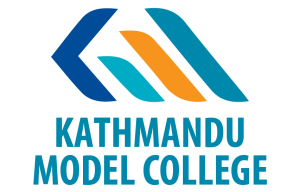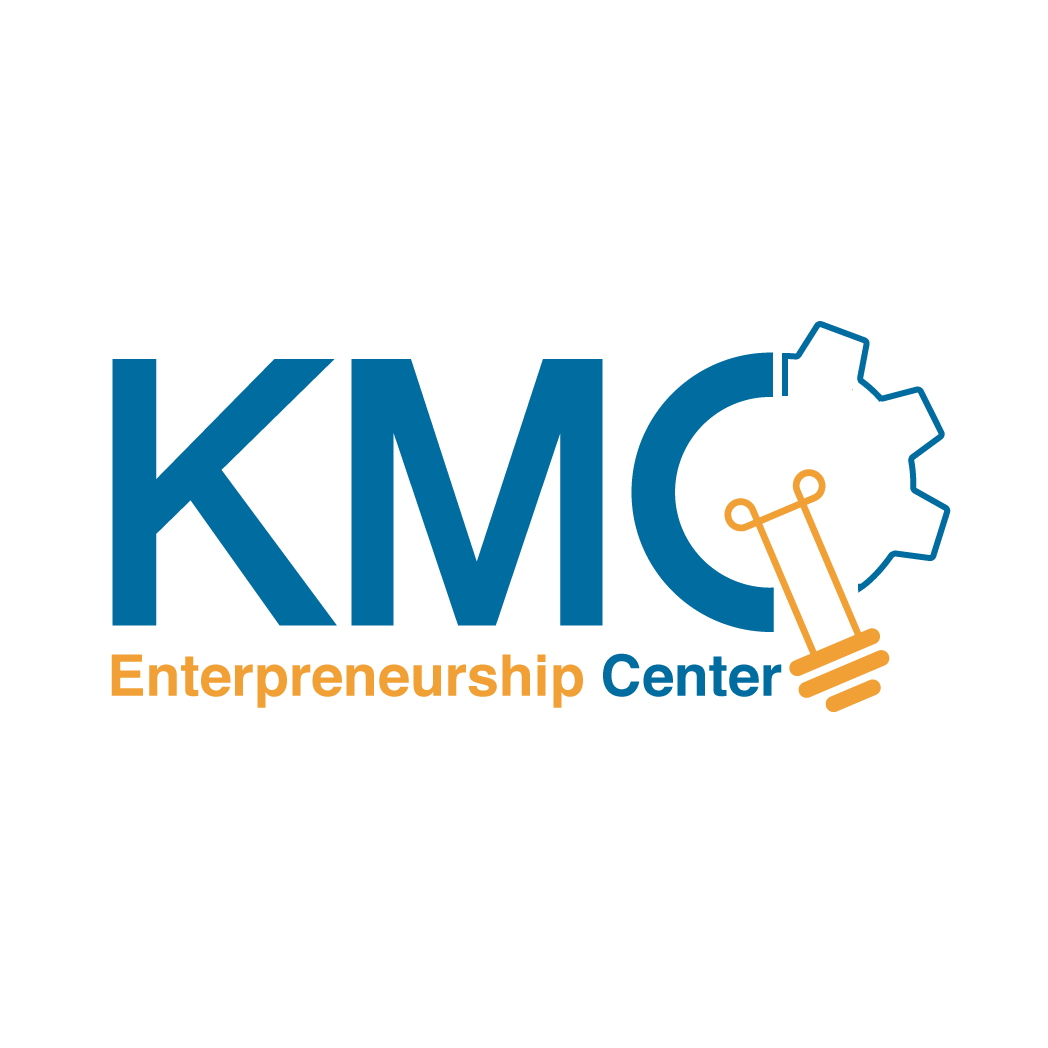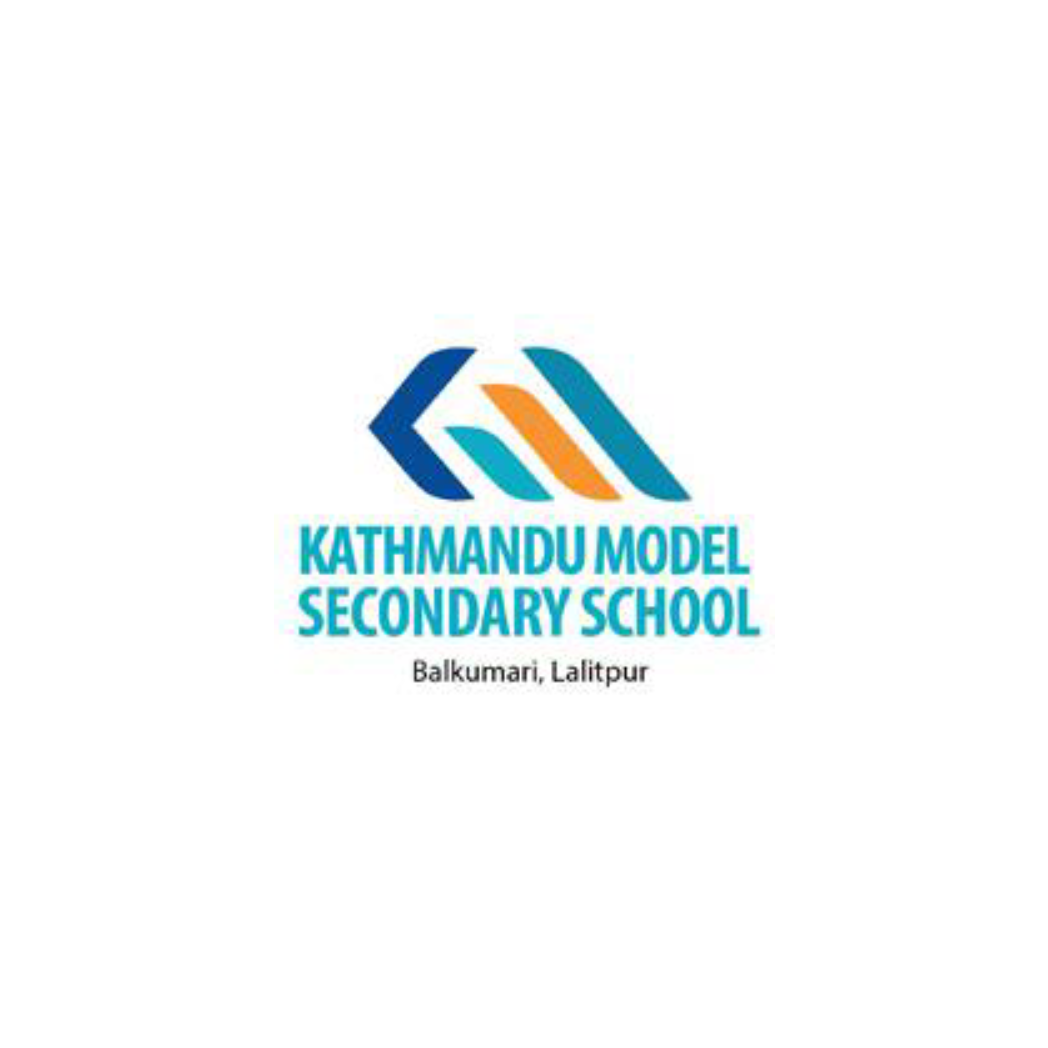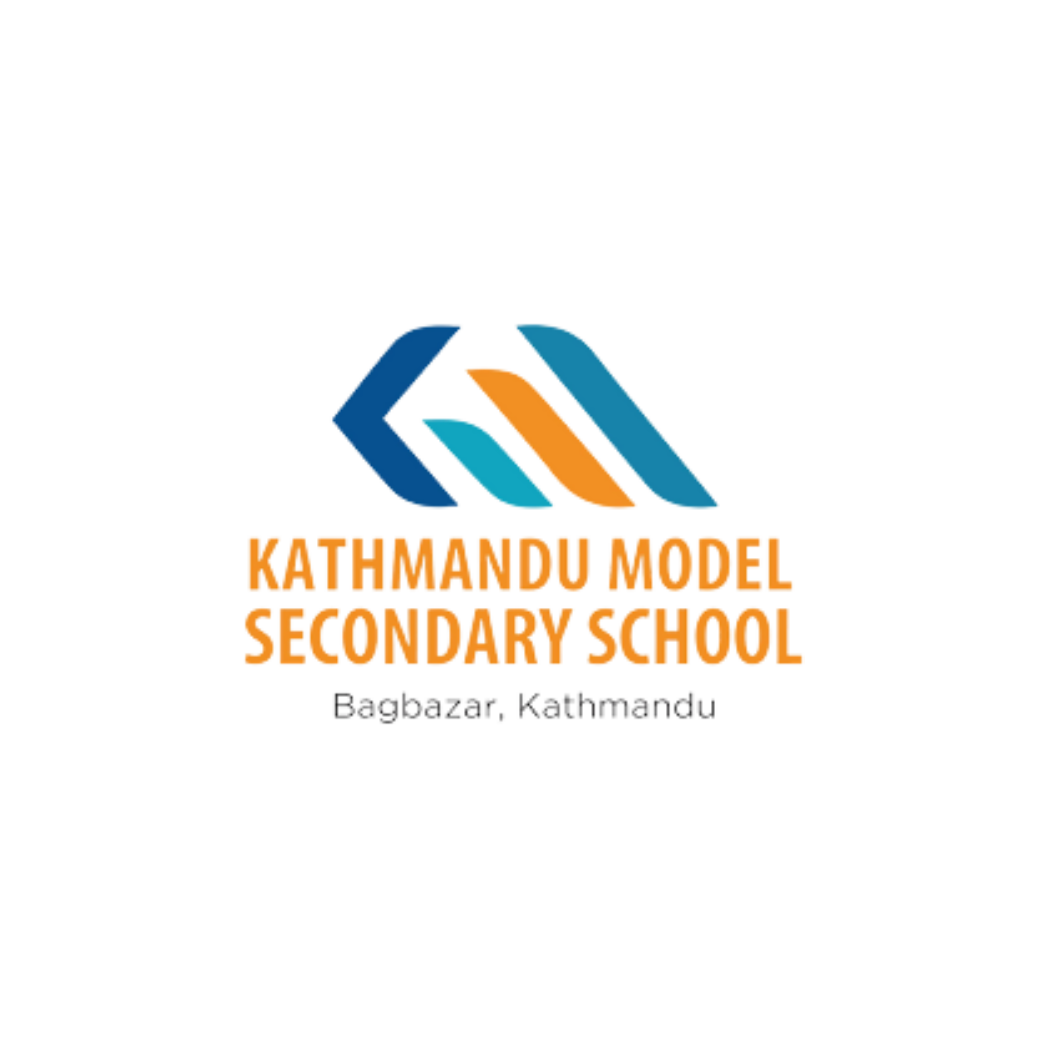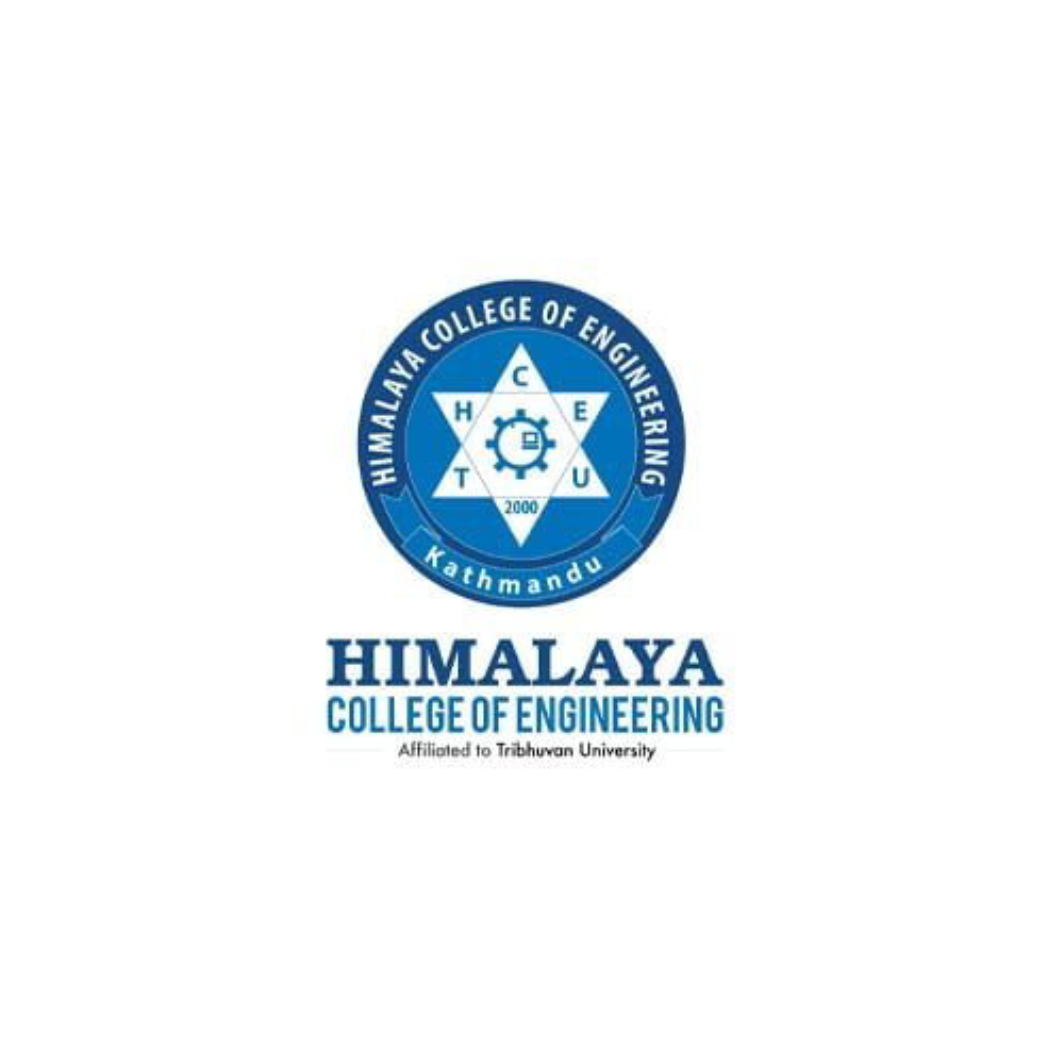
The Benefits of Pursuing an MA Degree: Is It Worth the Investment?
In Nepal’s rapidly evolving job market, higher education plays a crucial role in securing better career opportunities.
A Master of Arts (MA) degree is a great way to gain specialized knowledge, enhance job prospects, and step into leadership roles.
But is it worth the investment? Choosing the best MA college in Kathmandu can make all the difference in your academic and career growth.
For students at Kathmandu Model College (KMC) and beyond, an MA degree offers multiple benefits—ranging from deeper subject expertise to enhanced career growth.
Whether you’re planning to enter academia, government jobs, NGOs, or corporate sectors, a master’s degree can provide a competitive edge.
Moreover, with Nepal’s education system aligning more with global standards, pursuing an MA today is more valuable than ever.
In this article, we’ll explore why pursuing an MA degree can be a smart choice, highlighting key benefits such as career advancement, higher earning potential, personal growth, and academic excellence.
1. Career Advancement Opportunities
One of the biggest reasons students choose to pursue a Master of Arts (MA) degree is for career growth and better job prospects.
While a bachelor’s degree can help you land an entry-level job, an MA degree equips you with advanced skills, deeper knowledge, and leadership qualities that can fast-track your career to higher positions with greater responsibilities.
Why Does an MA Degree Boost Career Growth in Nepal?
✔ Preferred for Senior Roles – Many organizations in Nepal, including government offices, NGOs, and private companies, prefer candidates with a master’s degree for mid-to-senior-level roles.
✔ Eligibility for Teaching Jobs – If you aspire to become a lecturer at colleges and universities, an MA is often a minimum requirement.
Many faculty positions at reputed institutions, including KMC, require a master’s degree in relevant disciplines.
✔ Better Opportunities in Competitive Exams – If you’re aiming for government jobs, an MA degree can improve your chances of success in Lok Sewa Aayog (Public Service Commission) exams.
Many high-ranking government positions require a master’s degree for eligibility.
✔ Stronger Resume for International Jobs – If you plan to work with international NGOs (INGOs), United Nations agencies, or multinational corporations, having a master’s degree makes you more competitive in the global job market.
✔ Advancement in Corporate Careers – If you’re in fields like media, business, banking, human resources, or social work, an MA can help you move into managerial roles.
Many companies in Nepal seek professionals with advanced degrees for leadership positions.
With Nepal’s job market becoming more competitive, having a master’s degree is a great way to stand out and boost your employability.
Real-Life Career Impact of an MA Degree in Nepal
Teaching & Academia – An MA in subjects like English, Economics, Political Science, or Sociology makes you eligible for teaching jobs in higher secondary schools and colleges. Many MA graduates from KMC have secured lecturer positions in top colleges.
Government Sector – Those with an MA in Public Administration, Political Science, or Law often qualify for high-ranking government posts after passing Lok Sewa exams.
NGOs & INGOs – If you want to work in human rights, social work, or development sectors, an MA in Sociology, Rural Development, or Economics can open doors to leading NGOs like UNDP, Save the Children, and World Vision Nepal.
Corporate & Business Sector – An MA in Economics, Business, or Human Resource Management can lead to promotions and higher roles in banks, financial institutions, and multinational corporations.
2. Higher Earning Potential
One of the biggest advantages of pursuing a Master of Arts (MA) degree is the potential for higher salaries and better financial stability.
While a bachelor’s degree can help you secure a job, an MA degree enhances your qualifications, making you eligible for higher-paying positions in academia, government, corporate, and international organizations.
Why Does an MA Degree Lead to Higher Salaries in Nepal?
✔ Employers Prefer Advanced Qualifications – Many organizations in Nepal, including government agencies, banks, NGOs, INGOs, and private companies, offer better salary packages to MA graduates compared to those with just a bachelor’s degree.
✔ Stronger Position in Salary Negotiations – With an MA degree, you can demand better pay and benefits as you bring more expertise and specialization to the table.
✔ Higher Pay in the Education Sector – Teaching jobs at colleges and universities in Nepal require at least a master’s degree, and lecturers earn significantly more than high school teachers.
✔ Better Job Security and Promotions – Many organizations offer salary increments and promotions to employees with a master’s degree, giving them an edge over their colleagues with only undergraduate qualifications.
While an MA requires an investment in tuition and time, it often pays off in the long run with better salary packages and job security.
Top Careers in Nepal with Higher Salaries for MA Graduates
- University Lecturer – Teaching at colleges/universities provides a stable income, bonuses, and career growth.
- NGO/INGO Program Officer – Jobs in development sectors pay well, especially in human rights, disaster relief, and community development.
- Corporate Executive/Manager – Many companies seek MA graduates in HR, Business, and Economics for leadership roles.
- Research & Policy Analyst – Think tanks, government agencies, and international organizations hire MA graduates for policy-making and research roles.
- Journalism & Media – An MA in Mass Communication and Journalism helps secure high-paying roles in media houses, TV channels, and online platforms.
3. Academic Excellence and Specialization
Pursuing a Master of Arts (MA) degree is not just about earning an advanced qualification—it is a journey towards academic mastery and intellectual depth.
At Kathmandu Model College (KMC), students can dive deeper into their chosen field, gaining specialized knowledge and research skills that make them experts in their domain.
Why Specialization Matters in Higher Education
In today’s professional landscape, general knowledge is no longer enough. Employers, research institutions, and academic bodies value individuals who specialize in a subject and bring in-depth expertise to the table. Specializing through an MA degree helps you:
✔ Develop Expertise – Gain a comprehensive understanding of theories, methodologies, and case studies in your chosen subject.
✔ Enhance Research & Critical Thinking Skills – Learn qualitative and quantitative research techniques, allowing you to analyze complex topics effectively.
✔ Improve Academic Writing & Communication – Strong writing and presentation skills are crucial for publishing research papers, delivering lectures, and engaging in policy discussions.
✔ Prepare for Advanced Studies – An MA degree builds the foundation for an MPhil or PhD, helping students pursue higher education and scholarly research.
✔ Increase Career Prospects in Nepal & Abroad – Specializing in a subject makes you more competitive for high-level academic, research, and professional roles globally.
How an MA Degree Strengthens Academic & Professional Growth
✔ Encourages Independent Research & Innovation – MA students work on theses, dissertations, and research projects that contribute to academic and policy-making discussions.
✔ Expands Teaching Opportunities – If you wish to become a college or university lecturer, an MA degree is the minimum qualification required in Nepal.
✔ Increases Eligibility for PhD & International Fellowships – Many foreign universities offer scholarships to MA graduates pursuing doctoral and postdoctoral research.
✔ Enhances Intellectual Development – Engaging with advanced academic materials helps students form independent opinions, analyze global issues, and participate in scholarly debates.
If you’re considering a career in academia or research, an MA is the stepping stone to further studies and higher education opportunities.
4. Personal and Intellectual Growth
Pursuing a Master of Arts (MA) degree is not just about securing better job opportunities—it is also a transformative journey that enhances personal and intellectual growth.
At Kathmandu Model College (KMC), students gain more than just subject knowledge; they develop critical thinking, problem-solving skills, and a deeper understanding of the world.
How an MA Degree Contributes to Personal Growth
✔ Develops Critical Thinking and Analytical Skills – MA programs encourage students to question, analyze, and evaluate information, making them better decision-makers in both their personal and professional lives.
✔ Enhances Communication Skills – Whether it’s academic writing, research presentations, or debates, an MA degree hones your ability to express complex ideas clearly and persuasively.
✔ Boosts Self-Confidence and Leadership Abilities – Engaging in discussions, publishing research papers, and participating in academic forums help students build confidence and leadership skills that are essential in any career path.
✔ Encourages Lifelong Learning – MA graduates develop a habit of continuous learning, staying updated with new research, trends, and global developments even after completing their studies.
✔ Strengthens Decision-Making Abilities – A deeper understanding of theories and case studies equips students with practical knowledge that can be applied in real-world situations, improving their ability to make informed choices.
Personal Growth through Networking and Collaboration
✔ Building Professional and Academic Networks – Interacting with professors, fellow students, industry experts, and alumni helps students expand their career and academic connections.
✔ Collaboration on Research and Projects – Working on group research projects, workshops, and discussions improves students’ teamwork, coordination, and problem-solving abilities.
✔ Opportunities for Higher Studies and Scholarships – Many MA graduates at KMC pursue PhD programs, international fellowships, and research grants, further expanding their academic journey.
In today’s fast-changing job market—both in Nepal and globally—investing in a Master of Arts (MA) degree can be a smart and rewarding decision.
Whether you’re aiming for career advancement, higher income, academic excellence, or personal growth, an MA provides the tools, knowledge, and confidence needed to succeed.
At institutions like Kathmandu Model College (KMC), students not only gain subject expertise but also build leadership qualities, research skills, and a strong professional network.
The degree opens doors to opportunities in teaching, government, NGOs, corporate sectors, and even international platforms.
Yes, pursuing a master’s degree requires time, effort, and financial commitment.
But the long-term benefits—better job prospects, financial stability, intellectual growth, and personal fulfillment—make it a valuable investment in your future.
